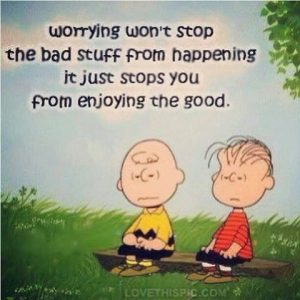People with OCD have unwanted recurring thoughts that lead to repetitive behaviors. They are not just quirky or eccentric. They are suffering from a highly upsetting condition that triggers a great deal of anxiety and can be time-consuming in its behaviors. At the beginning of the pandemic, people with OCD often felt worse as they feared there were germs everywhere. Others found that their taboo thoughts about sexuality or religion increased. Those with rituals of counting or checking may have experienced an increase in frequency. But once people went into a lockdown mode, things changed for these patients.
For many people with Obsessive Compulsive Disorder, being limited in exposure to others made things easier during the worst days of the pandemic. If some had fear of germs, it was easier not to go out. If they had a variety of rituals to reduce their anxiety, they did not have to pretend they were fine all day at work or school; they could engage in their rituals freely without fear of embarrassment. And if they were worried about the health and safety of those they loved, it was likely that those people were right there with them, working and being educated from home. Another advantage of the pandemic is that it allowed people with OCD to be treated from home, via teletherapy platforms.

Now that restrictions have been loosened, more people are vaccinated, and some things, like school attendance for children and parents returning to work, are returning to normal, people with OCD may be suffering more. Worries about germs are resurging, and the need to hide rituals may be causing worry. Rituals like counting, arranging, and redoing things until they are “right” are usually resisted when the OCD patient is in public, such as a classroom or office. That alone can create pressure and nervousness. And it then takes even more time out of the post-school or post-work day.
Remember that treatment is still available, in person or via teletherapy. Work with your therapist to understand the treatments for OCD such as Exposure and Response Prevention. And know that you are not alone. Many people have OCD and have begun to talk about it. The comedian, Howie Mandel is one who has suffered since childhood and is working to help people understand the disorder better. The International OCD Foundation in Boston can help you find support groups. Please feel free to call me if you would like help in understanding OCD and its treatments for you or a family member.
